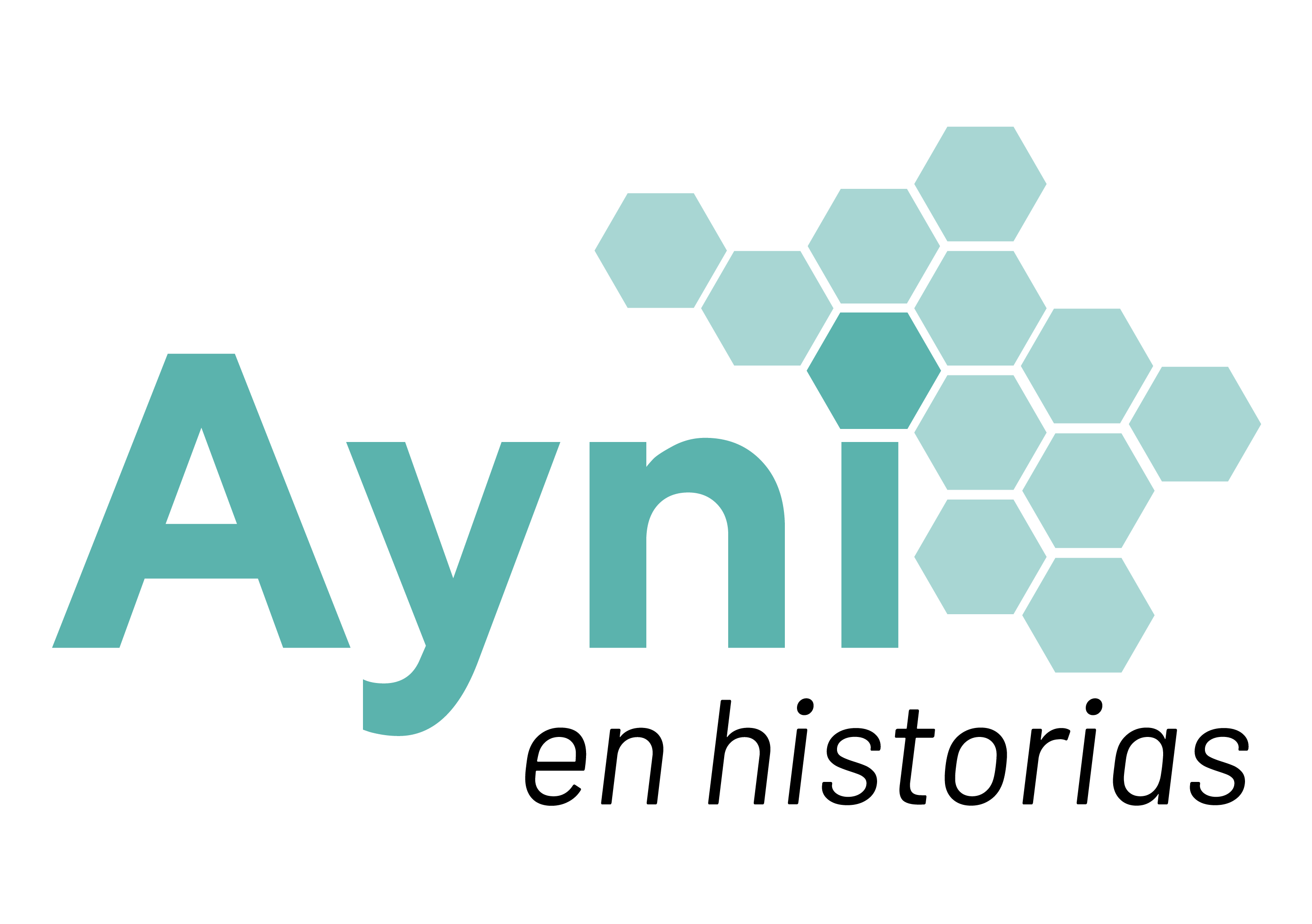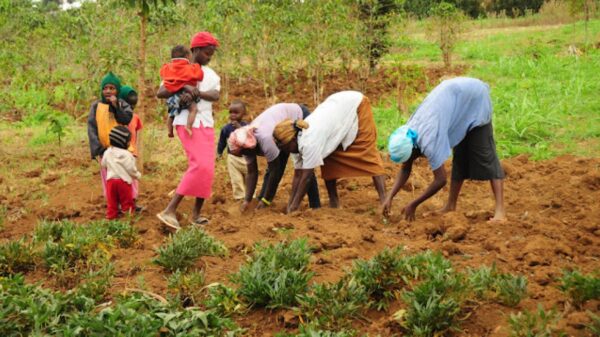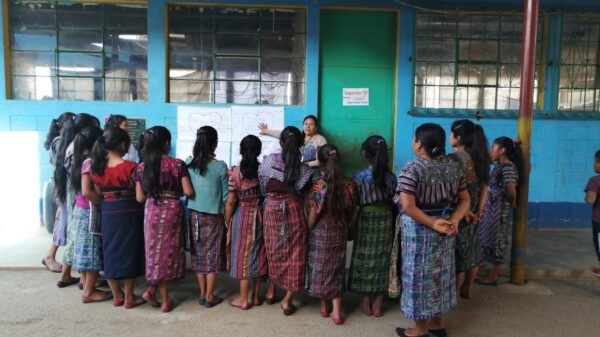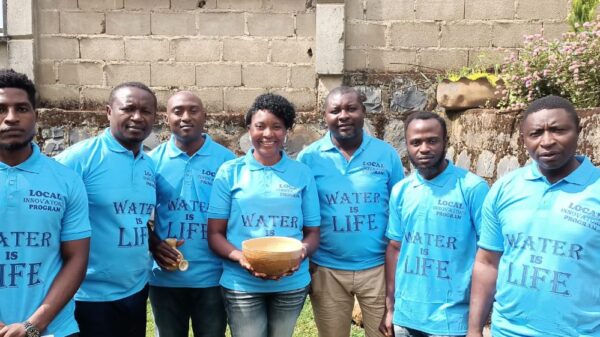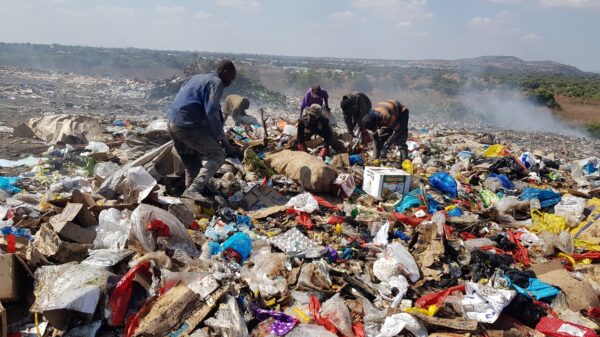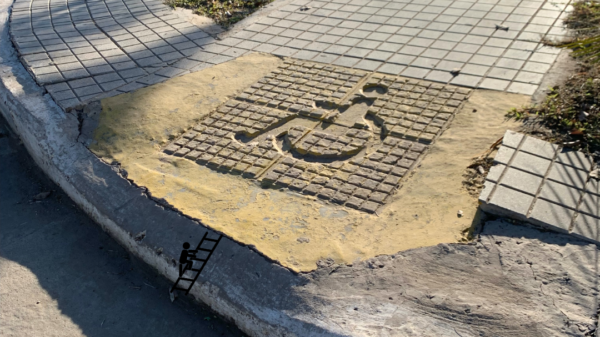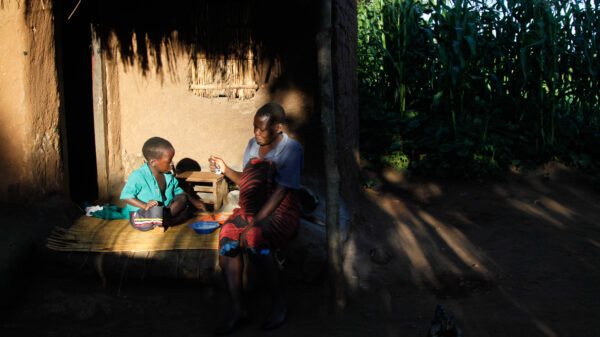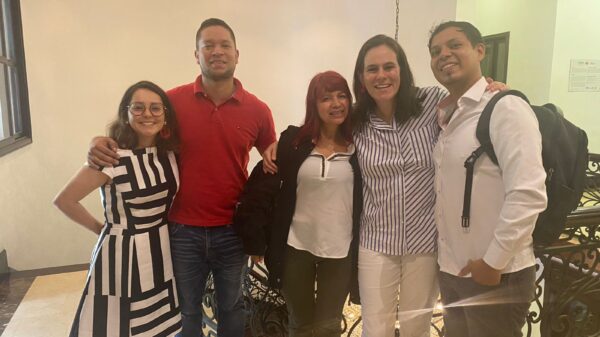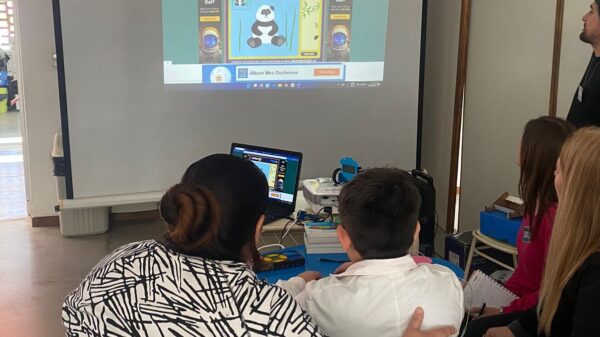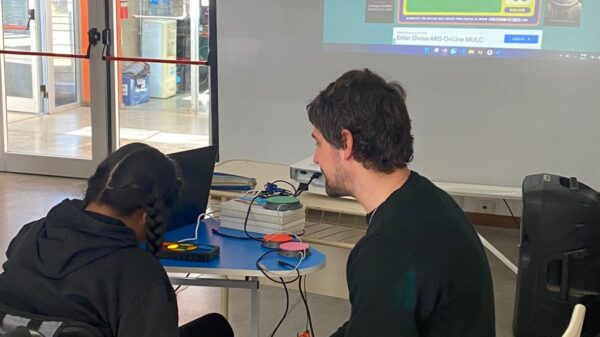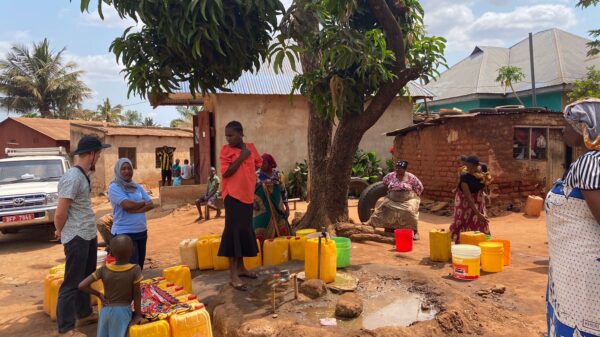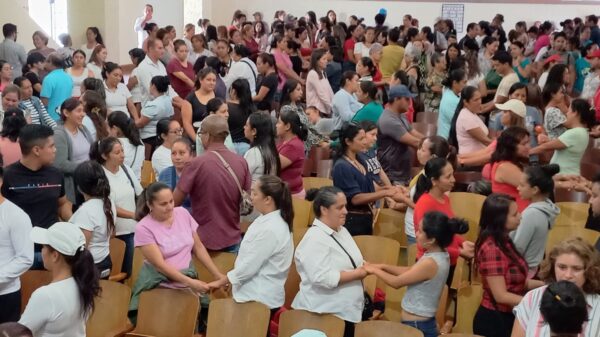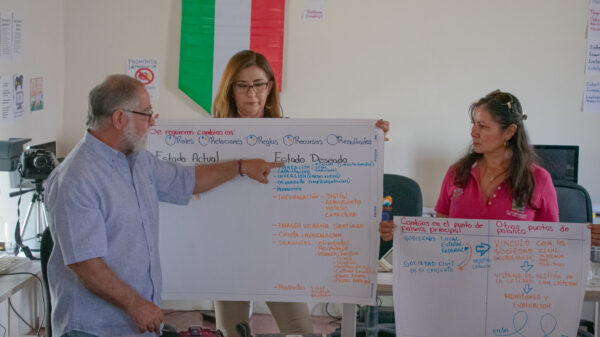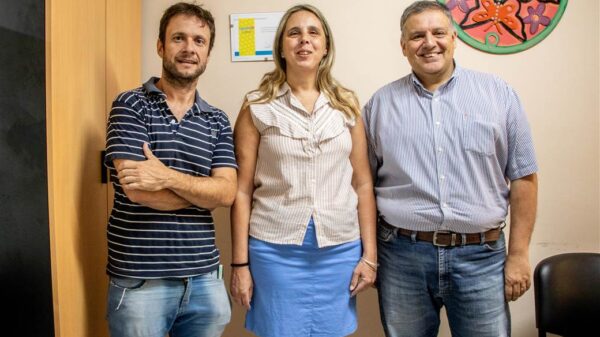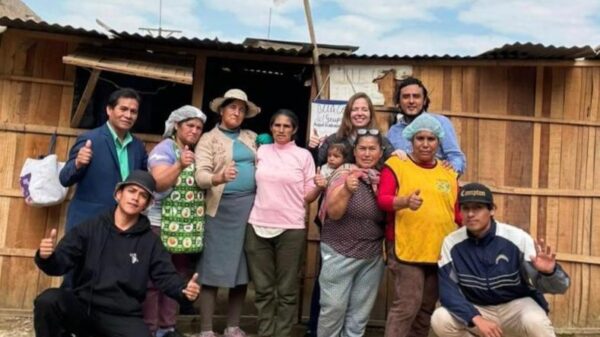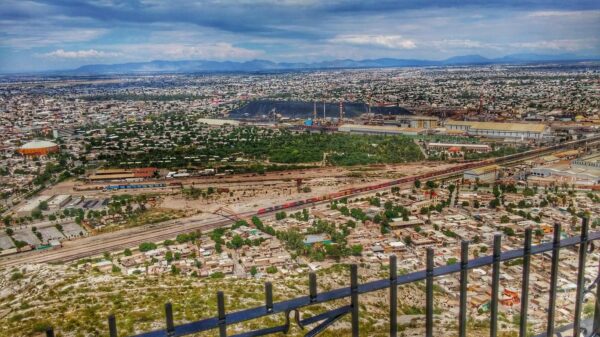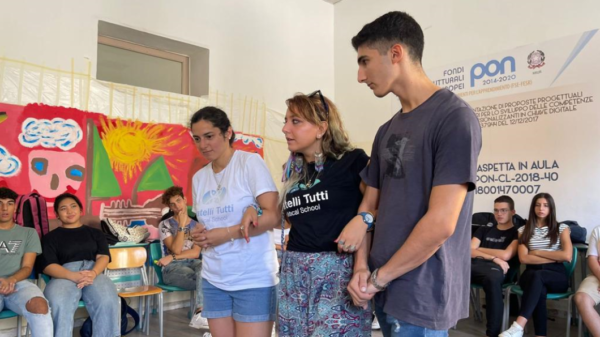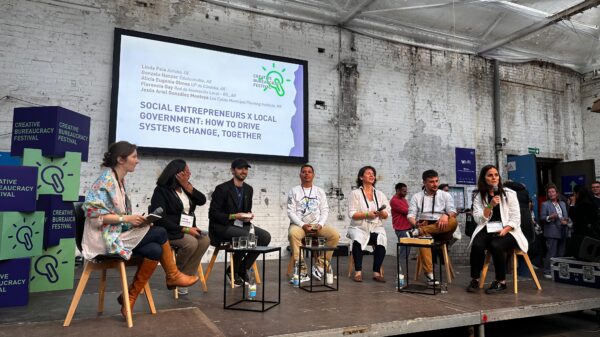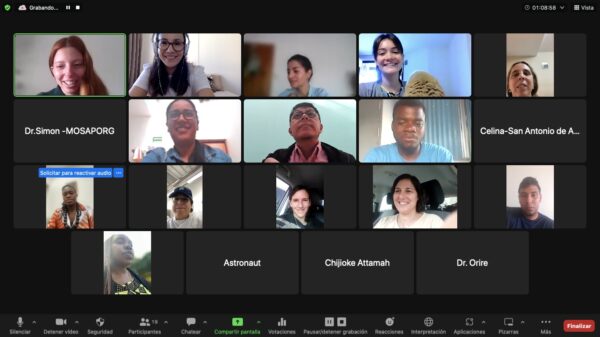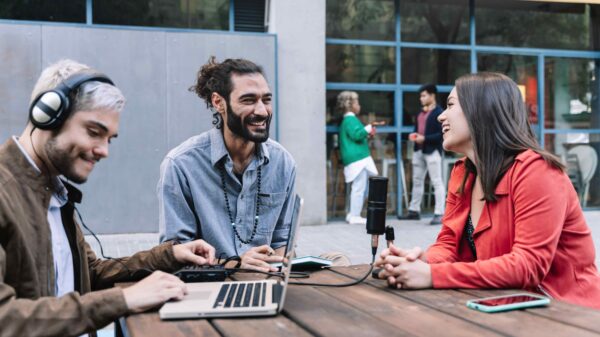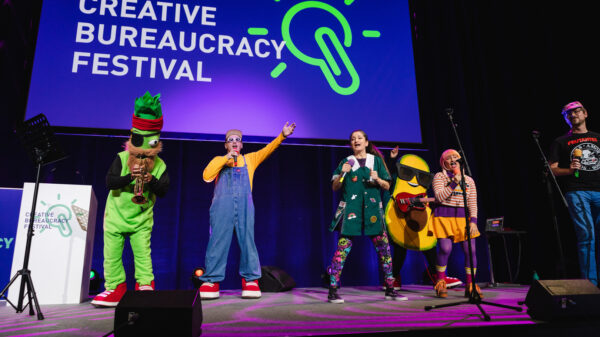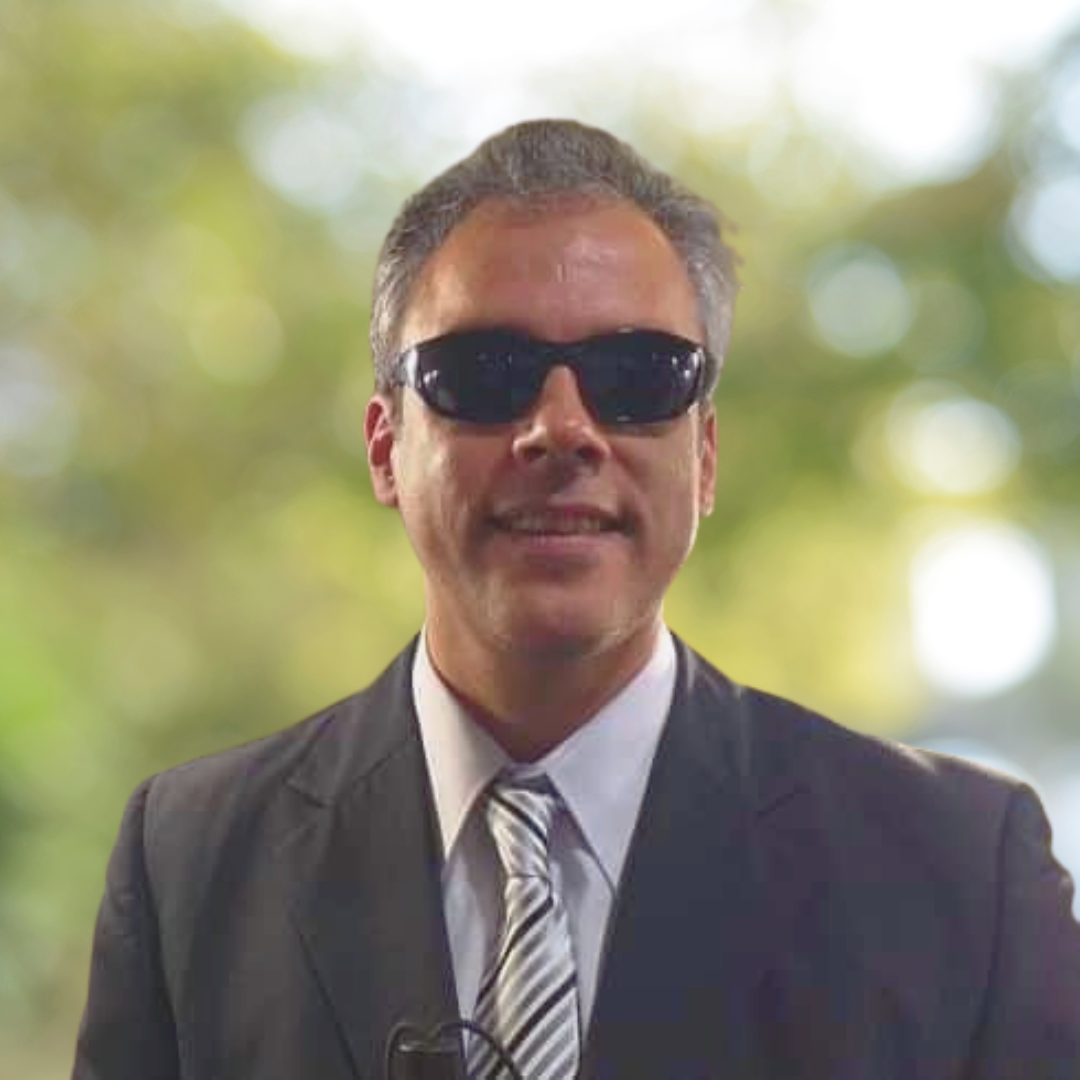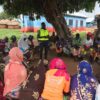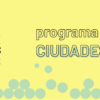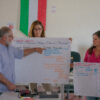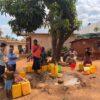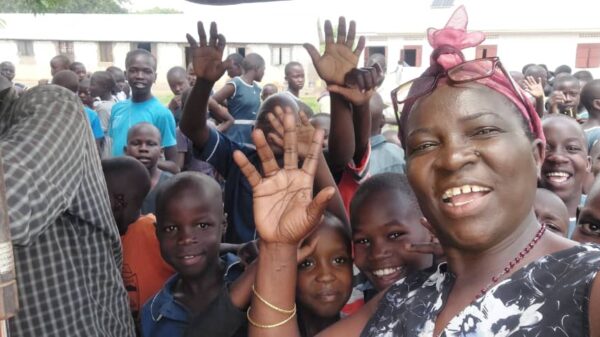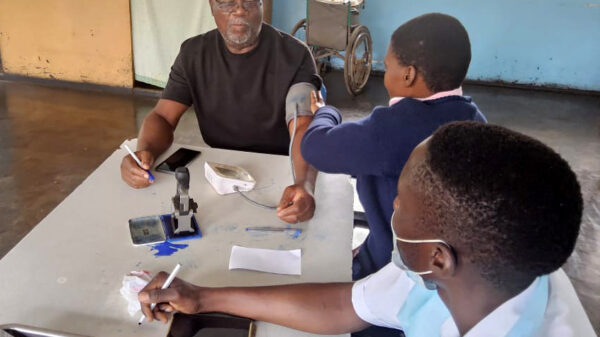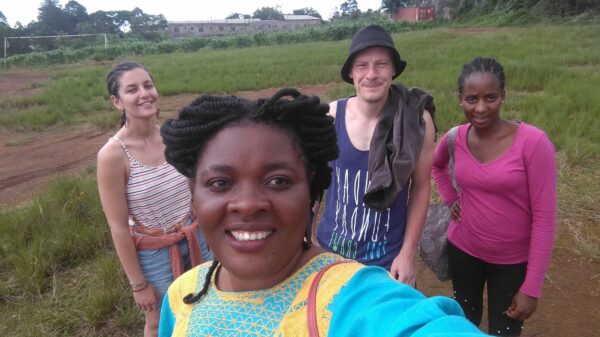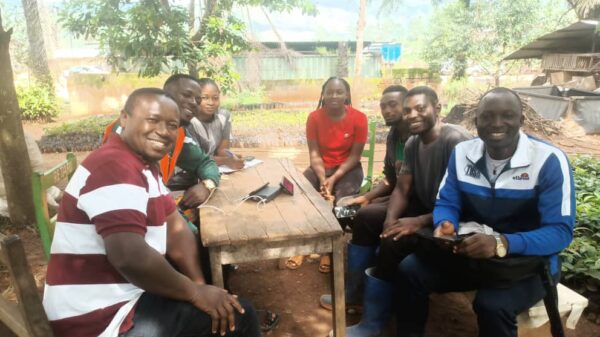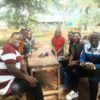A retired nurse with a visual disability found his path through writing and, through the Local Innovators Program, launched an initiative to make digital education accessible in Córdoba, Argentina.
César Roberto Olmos, 45, had to retire from his nursing career due to a visual disability. Far from stopping him, this experience led him to discover writing as a refuge, a space for healing, and a new vocation. Today, as a writer and oral storyteller, he uses his own story of resilience to drive social change. Convinced that diversity is an opportunity, he joined a multidisciplinary team and the Local Innovators Program (LIP) to create a project aimed at breaking down the barriers that prevent access to digital education.
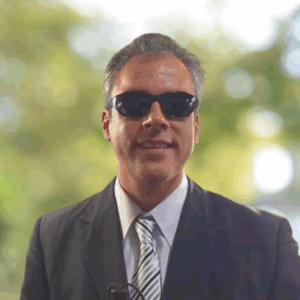
A Common Problem, a Local Solution: Córdoba’s Digital Ramps
César identified a critical challenge in his city: the exclusion of people with disabilities from the digital world. "We need to flank or break down the barriers that hinder access to education, in this case, digital education," he reflects.
To tackle this issue, his team within the PIL created the initiative "Córdoba Edu-Accesible", a project aimed at designing and implementing “digital ramps.” What are they? Devices, software, and curricular adaptations that facilitate learning and access to information technologies for diverse students in schools. Their approach is grounded in continuous dialogue, co-creation, and collaborative construction.
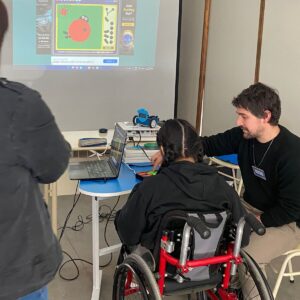
Creating Fairer Spaces
Although the initiative is still in its prototyping phase, its impact lies in mobilizing the educational community and giving a voice to those who need it most. The project doesn’t just aim to provide tools, but also to create "increasingly welcoming spaces" where "every voice is heard." César’s vision is to build a fairer society, one without differences, where digital education is both a right and an opportunity for everyone — breaking the cycle of exclusion.
A Lesson Worth Replicating
César’s greatest takeaway is that "the building and creation of the tools, their implementation, the constant dialogue, the co-creation" are the foundations of change. This is the key lesson his project offers other cities: to implement inclusive solutions, it's essential to listen to the community, co-create with the beneficiaries, and share experiences. It shows that the key doesn’t lie solely in technology, but in a collaborative methodology and empathy with the users.
Through his personal story of resilience, César Roberto Olmos has shown that barriers can become opportunities. Through his work as a writer, storyteller, and now as a social innovator, he spreads a simple yet powerful message: inclusion is everyone’s responsibility, and dialogue is the most effective tool to build a more accessible and just world.
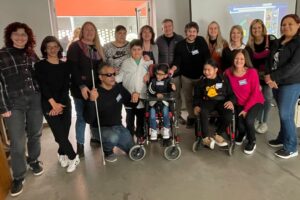
Want to get to know César more closely?
- Listen to him here:
- Contact him at: cesarolmos306@gmail.com
- Check out his podcast here
- Interested in more initiatives like César’s from the Local Innovators Program? Visit the Marketplace of Local Solutions
